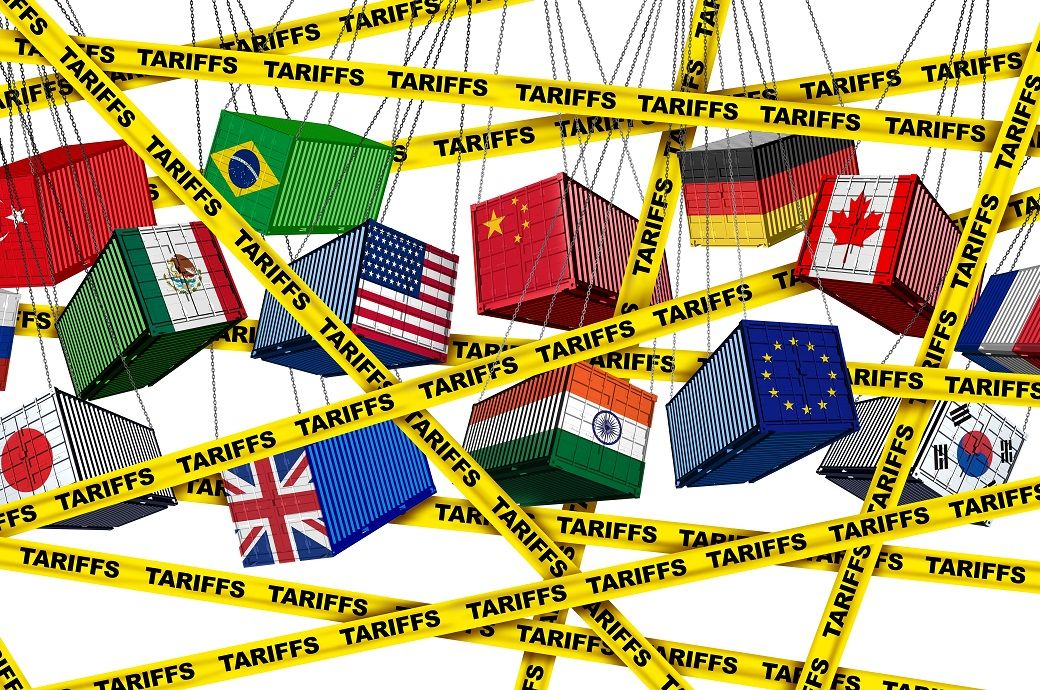
Fitch has lowered its Eurozone growth forecast to just 0.6 per cent for 2025, with individual country projections also reduced Germany to -0.1 per cent, Italy to 0.3 per cent, and Spain to 2.3 per cent, each down by around 0.2 percentage points, according to its latest report ‘Global Economic Outlook -April 2025.’
The Eurozone growth for 2026 is projected at 0.8 per cent, and for the UK, it is forecast at 1.4 per cent, despite some reductions in its forecasts. The agency cuts its expectations for Switzerland’s growth to below 1 per cent for 2025 and 2026.
End-of-period consumer price index (CPI) inflation in the Eurozone is expected to ease from 2.9 per cent in 2023 to 1.8 per cent by 2026, and in the UK from 3.9 per cent to 2.3 per cent.
Meanwhile, policy rates are also set to decline, with Eurozone rates falling from 4.0 per cent in 2023 to 1.5 per cent in 2025 and 2026, and UK rates dropping from 5.25 per cent to 3.25 per cent over the same period.
The newly announced US tariffs on imports from European countries—20 per cent for the EU (if implemented) and 10 per cent for the UK—are expected to dampen revenue and profit growth across several European corporate sectors.
Trade exposure and increasing competition will largely define direct sector consequences, while deteriorating economic growth prospects will have wider implications. The chemical, automotive and hardware technology sectors are likely to be the most affected in Europe. The tariffs will increase pressure on corporate issuers lacking leverage headroom.
European insurers are exposed to second-order effects due to volatility in financial markets, which will pressure insurers’ investment and underwriting results.
Most western European banks are entering this period of weakened growth prospects with increased ratings headroom after several years of sound performance and good asset quality. Only around 4 per cent of bank ratings in western Europe are on negative outlook, added the report.
The overall impact on individual banks will depend on how their domestic economies are affected by the outcome of tariff negotiations, whether steepening yield curves support their net interest margins and whether higher unemployment and corporate default rates threaten asset quality.
ALCHEMPro News Desk (SG)
Receive daily prices and market insights straight to your inbox. Subscribe to AlchemPro Weekly!